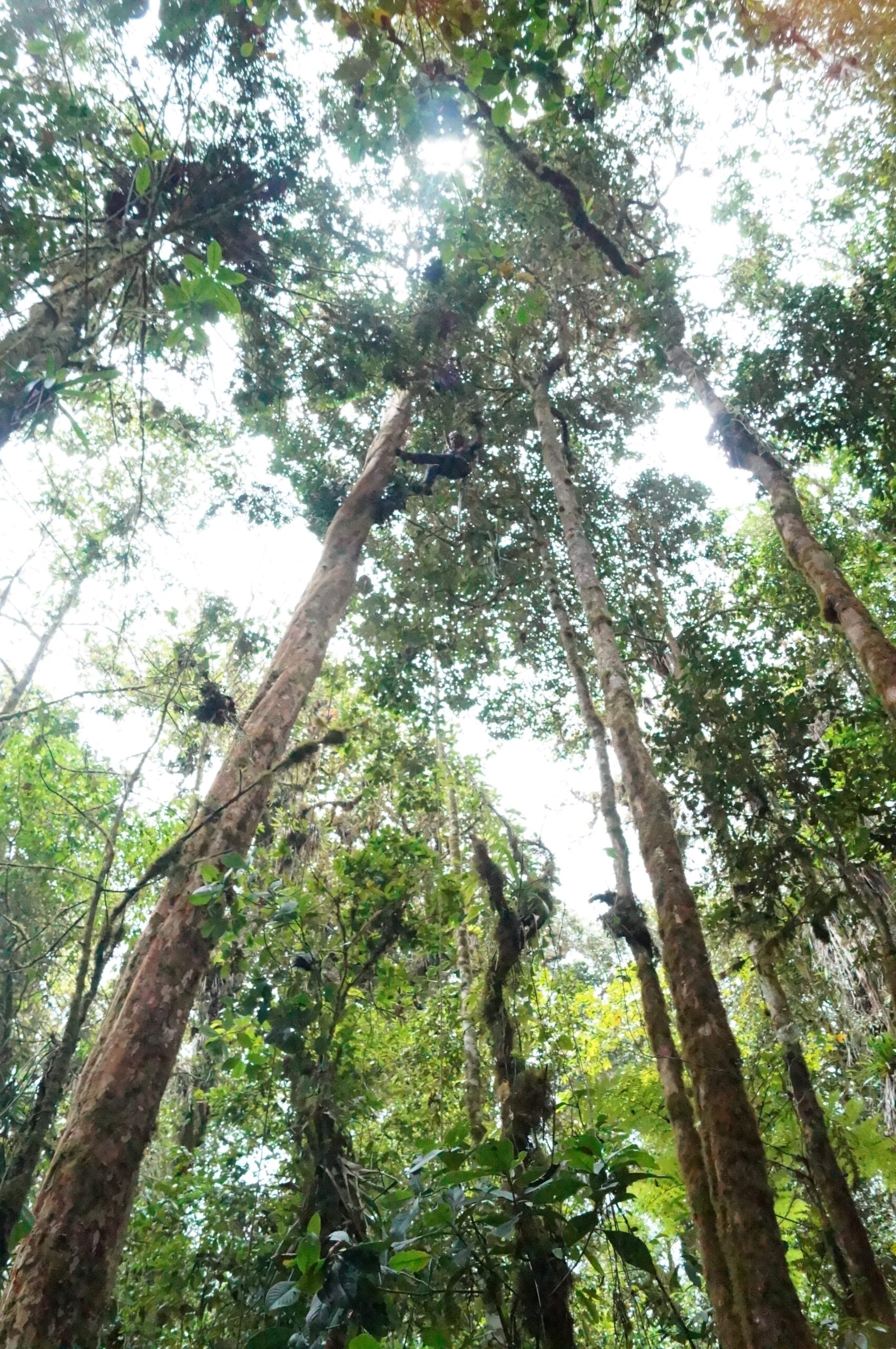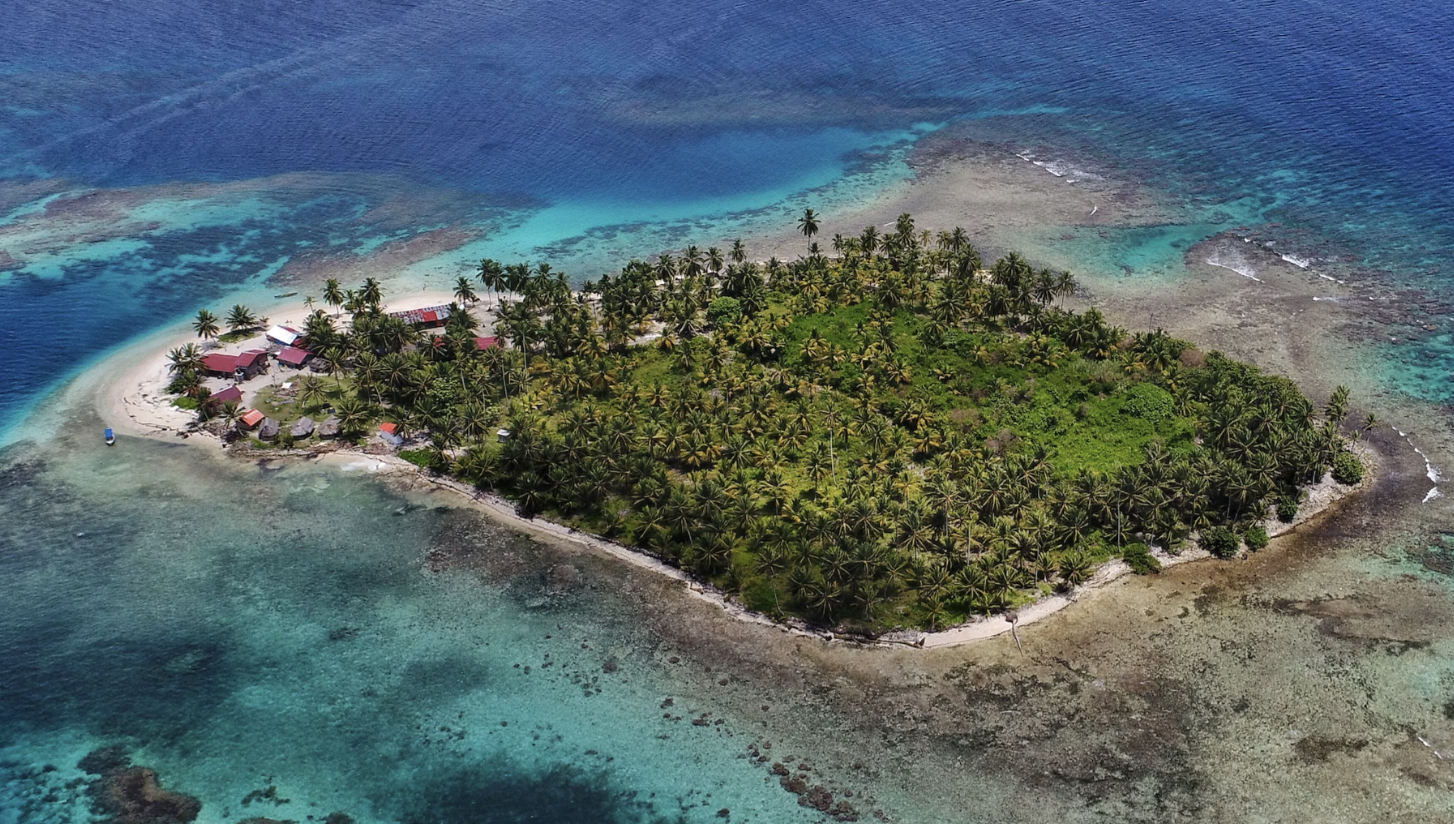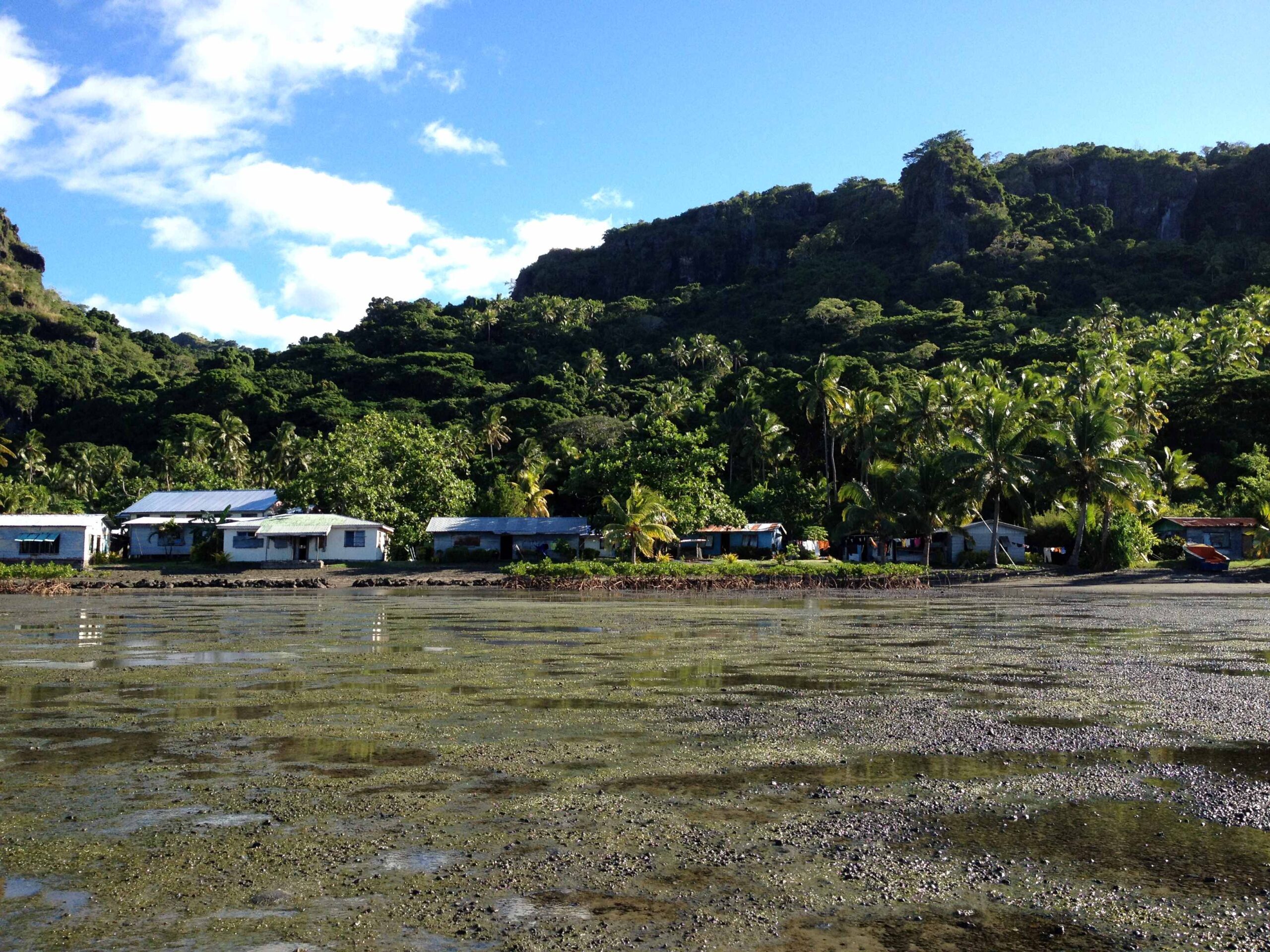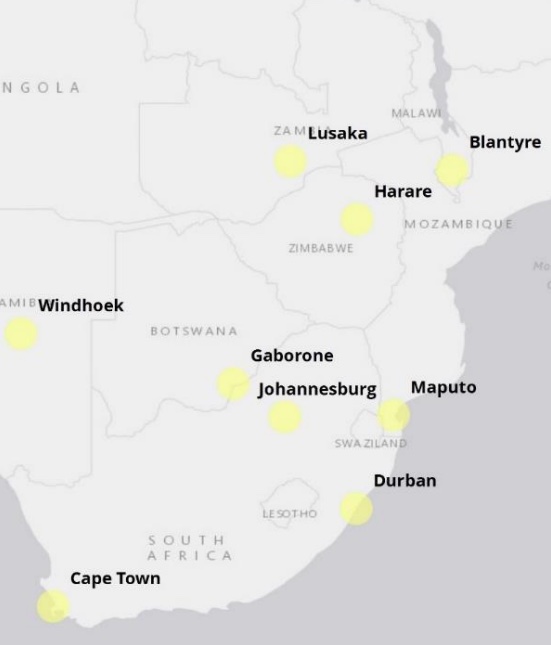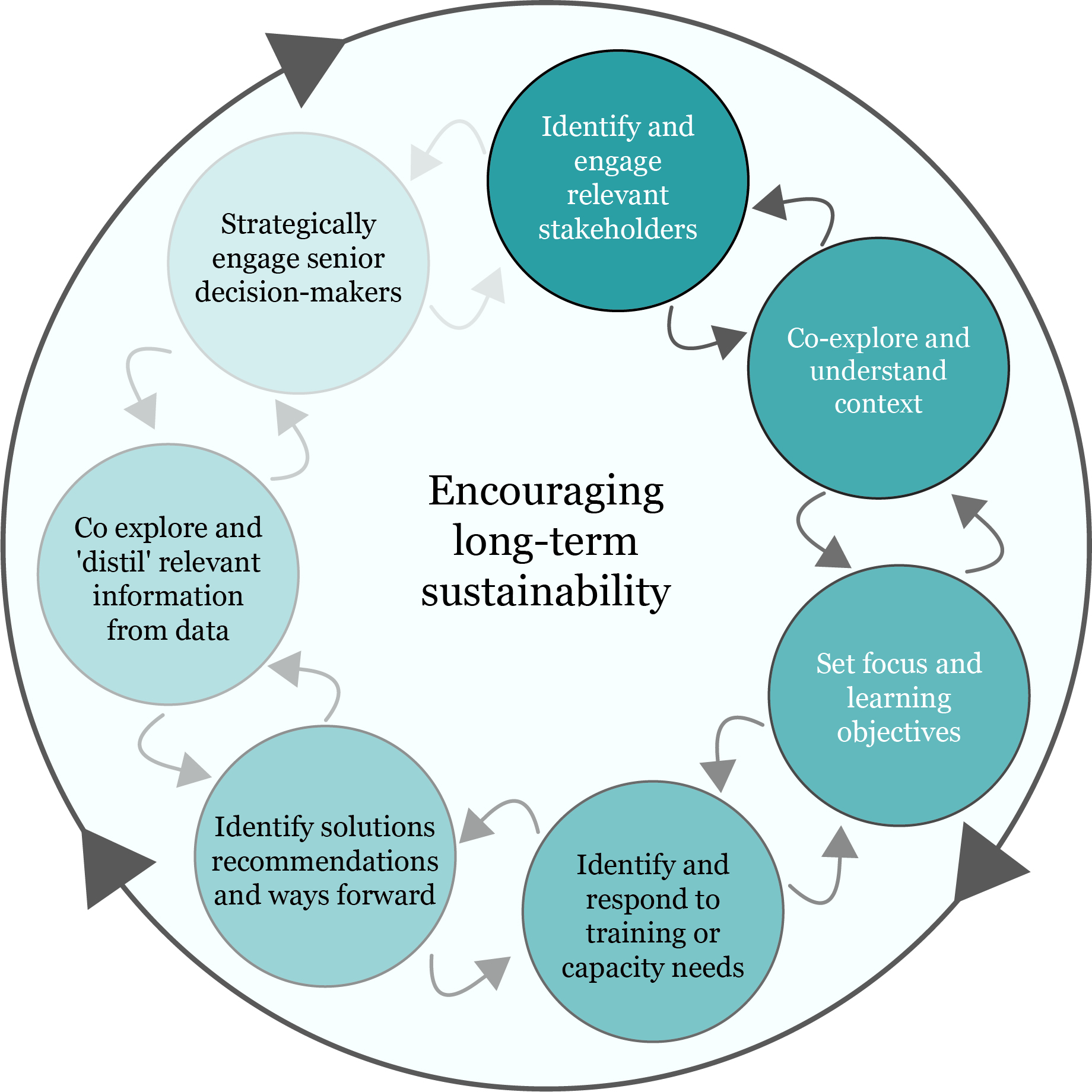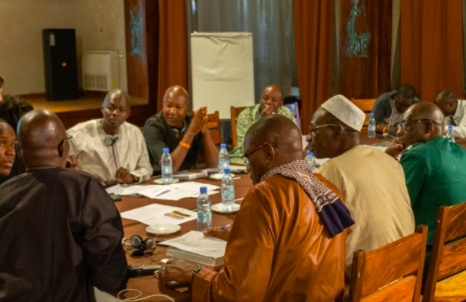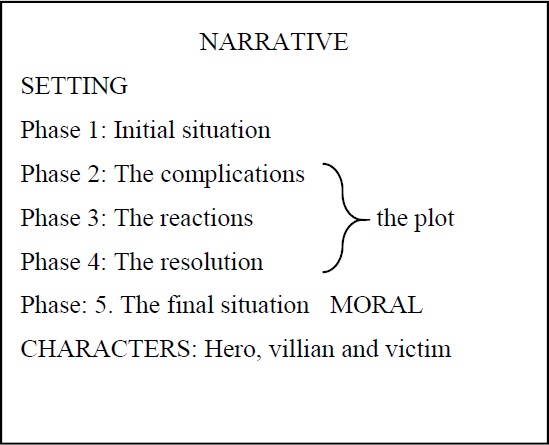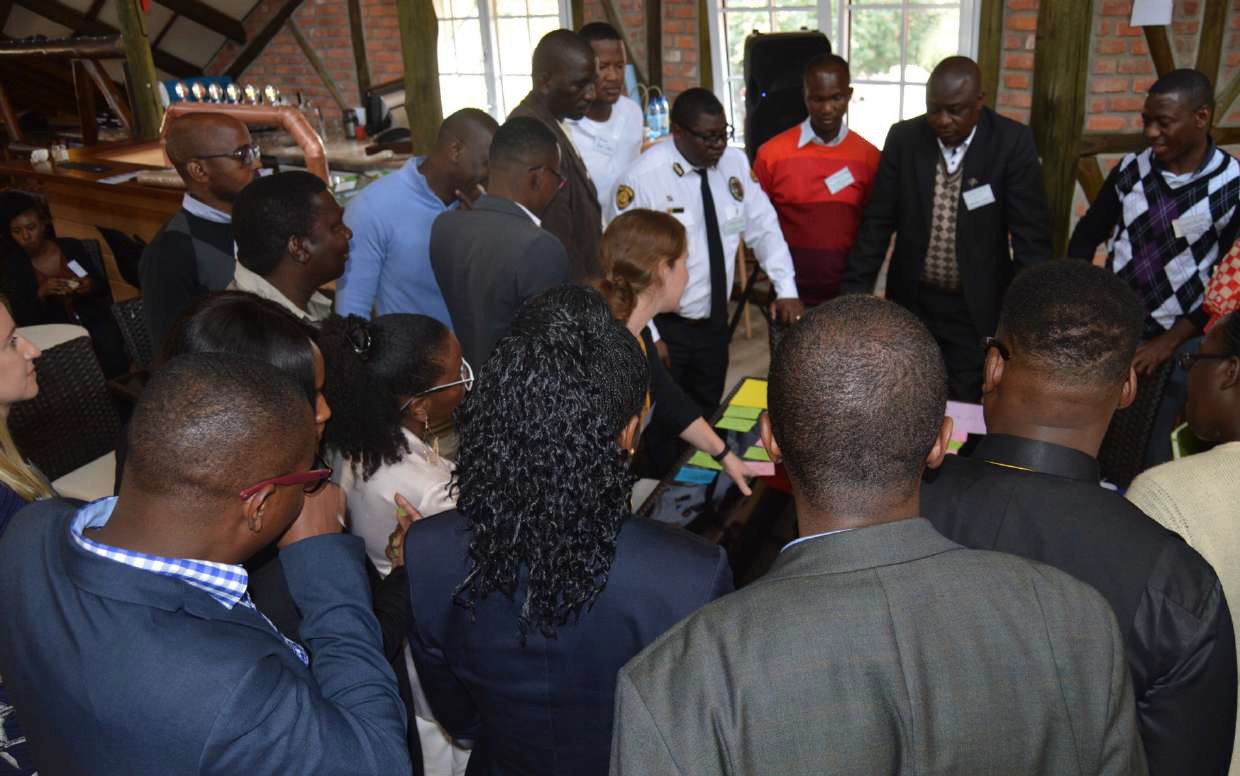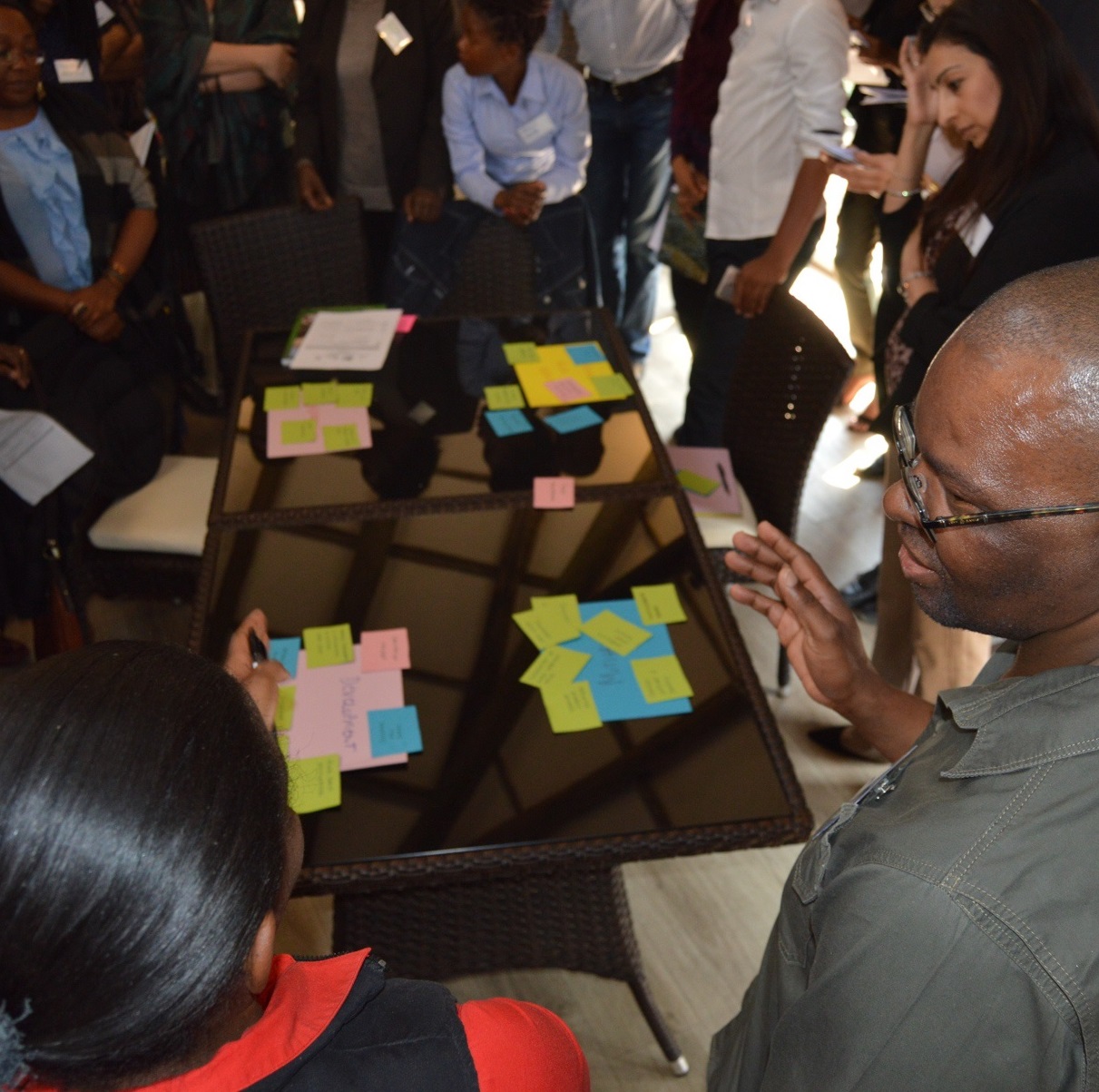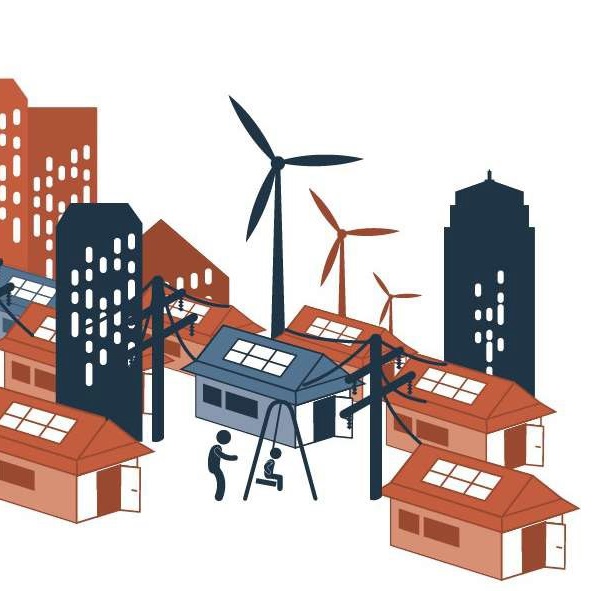transdisciplinarity
A roadmap for integrating theory and field observations in South America montane ecosystems
Learn about the empirical and theoretical approaches currently used to quantify the ecosystem service provision in South American montane forests and alpine environments. A broad roadmap for the creation of a trandisciplinary network that can bridge the gap between the needs of modelling and data availability is proposed, in order to facilitate the implementation of mountain vegetation into Dynamic Global Vegetation Models that are used in Earth System Models.
Reflections on the IPCC AR6 Synthesis Report: adaptation, loss and damage
Join three SEI researchers, whohaveassumedvariousroles in past IPCC reports,as theyreflect on the IPCCAR6SynthesisReport’scriticalmessages onadaptation and loss and damage.
Climate risk integration: A new era for aid and development programming
Learn about why system transformation of the development sector is needed to ensure development progress continues against the backdrop of increasing climate change impacts in this short blog.
Principles for Co-Producing Climate Services: Practical Insights from FRACTAL
Explore principles for co-producing climate services based on FRACTAL project evidence and experiences through this working paper.
Refocusing the climate services lens: Introducing a framework for co-designing “transdisciplinary knowledge integration processes” to build climate resilience
This paper seeks to reconceptualize climate services in light of the prevailing inability of existing climate information to spur needed policy and action. It focusses on the transdisciplinary knowledge co-production process rather than the output of a climate services product.
A Critical Reflection on Learning from Future Climate for Africa
This article takes stock of the lessons emerging from FCFA’s collective experience in undertaking transdisciplinary research that can be used to inform future investments on climate and development.
The Story of Water in Windhoek: A Narrative Approach to Interpreting a Transdisciplinary Process
The aim of the paper is to present a story about the 2015 to early 2017 Windhoek drought in the context of climate change while using the narrative approach.
“Explainer” Guide: Co-exploring Terminologies
This brief explains why co-exploring language and terminology is important for creating a level playing field at the beginning of a multi-stakeholder engagement.
“How-to” Guide: Co-exploring Terminologies
This brief explains how to conduct a terminology co-exploration exercise for climate change adaptation decision-making.
Towards developing a common language for climate change in the City of Cape Town
This research aimed to better understand and circumvent language discrepancies at a city scale. It provides a toolkit to better understand and overcome terminology barriers.
